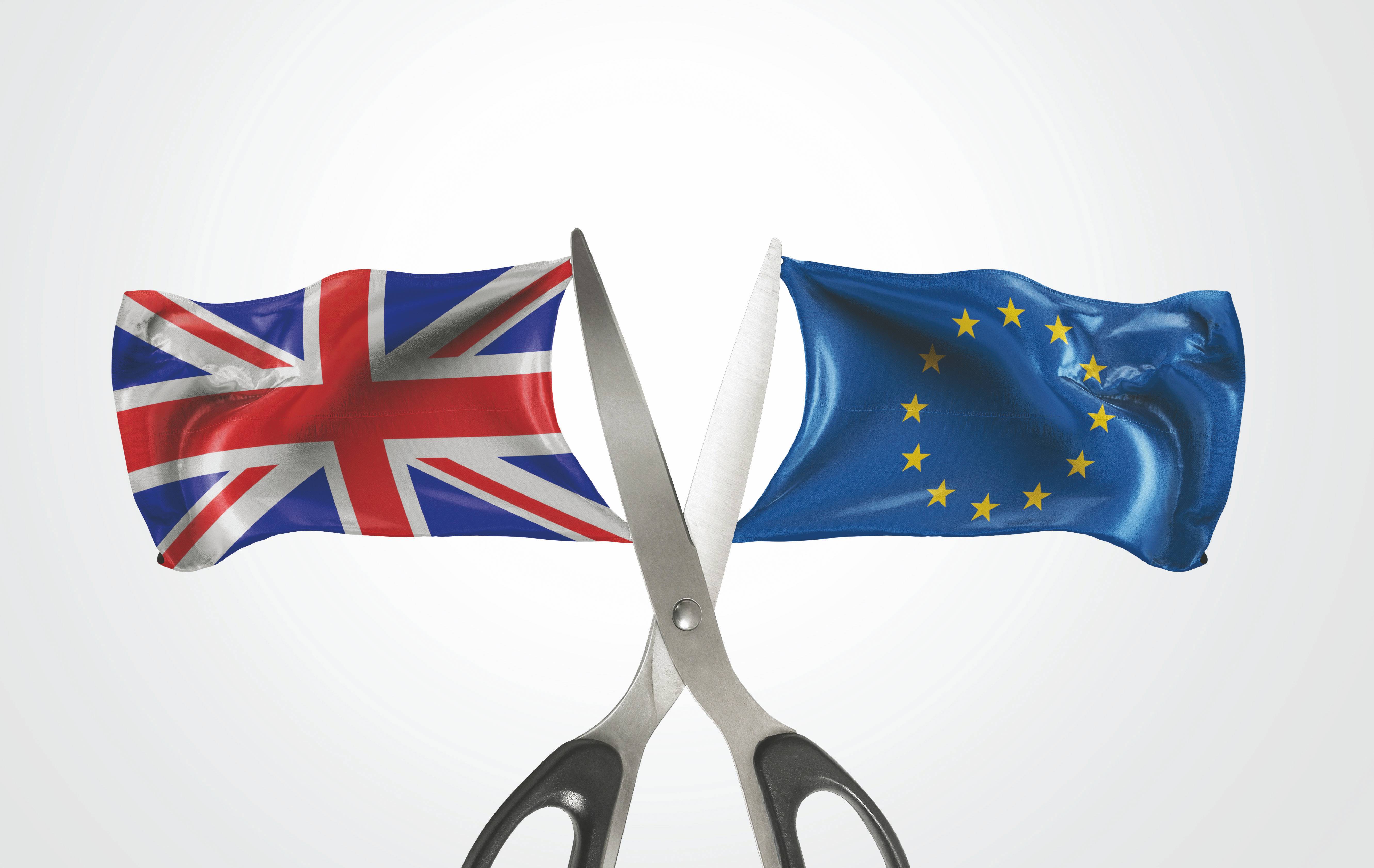
- EU ambassadors and lawmakers on both sides of the English Channel will now pore over the “EU-UK Trade and Cooperation Agreement,” which contains over 1,240 pages of text.
- The deal as it stands ensures that Britain can continue to trade in goods with the world’s biggest trading bloc without tariffs or quotas after the UK breaks fully free of the EU.
EU ambassadors and lawmakers on both sides of the English Channel will now pore over the “EU-UK Trade and Cooperation Agreement,” which contains over 1,240 pages of text. EU envoys are expected to meet on Monday to discuss the document, drawn up over nine intense months of talks.
Businesses, so long left in the dark about what is in store for them, will also be trying to understand its implications.
Most importantly, the deal as it stands ensures that Britain can continue to trade in goods with the world’s biggest trading bloc without tariffs or quotas after the UK breaks fully free of the EU. It ceased to be an official member on January 31 this year and is days away from the end of an exit transition period.
But other barriers will be raised, as the U.K. loses the kind of access to a huge market that only membership can guarantee. They range from access to fishing waters to energy markets, and include everyday ties so important to citizens like travel arrangements and education exchanges.
EU member countries are expected to endorse the agreement over the course of next week. British legislators could vote on it on Wednesday. But even if they do approve it, the text would only enter force provisionally on New Year’s Day as the European Parliament must also have its say.
EU lawmakers said last weekend that there simply wasn’t enough time to properly scrutinize the text before the deadline, and they will debate and vote on the document in January and February, if the approval process runs smoothly.
Despite the deal, unanswered questions linger in many areas, including security cooperation — with the U.K. set to lose access to real-time information in some EU law enforcement databases — and access to the EU market for Britain’s huge financial services sector. — AP








No comments :
Post a Comment